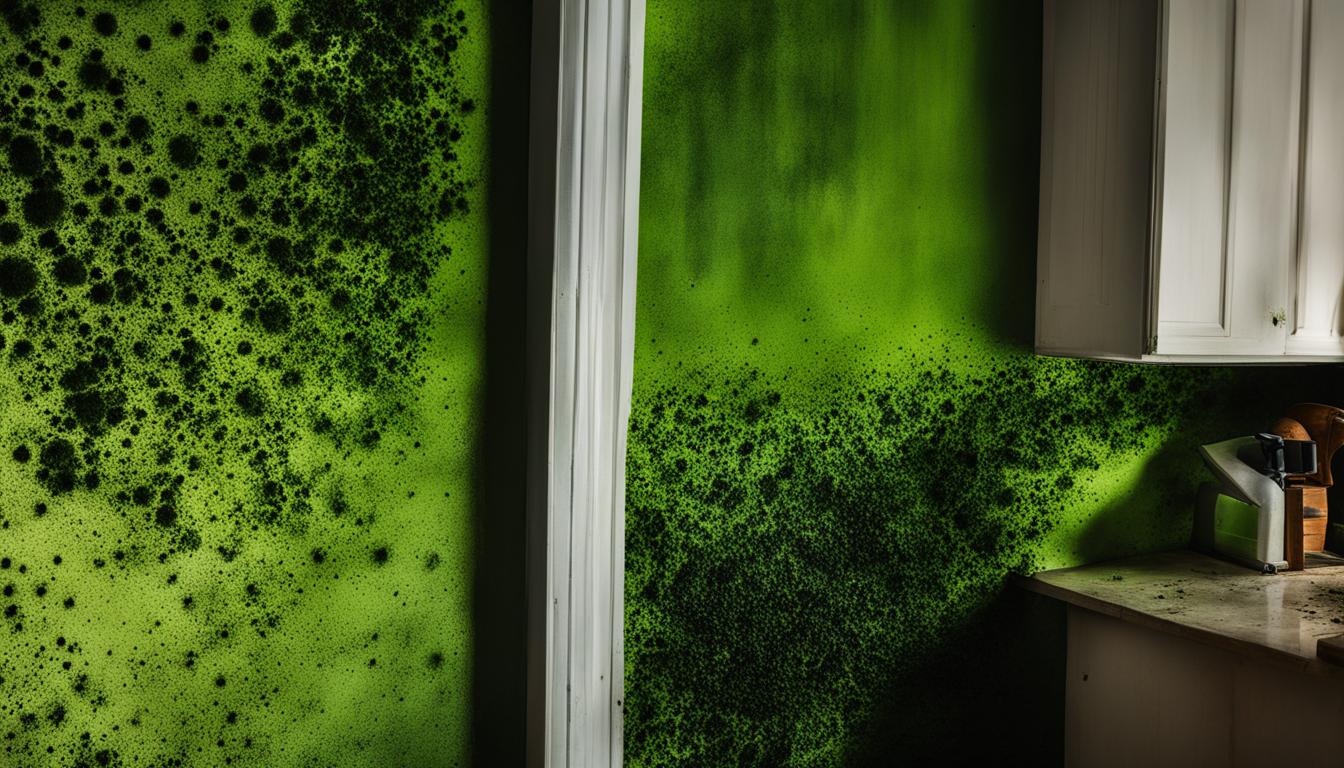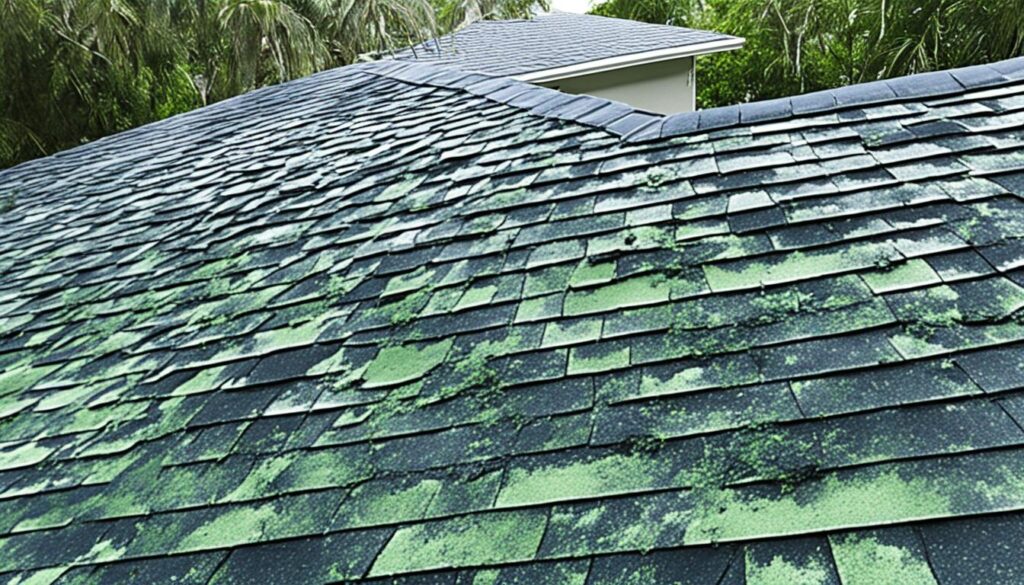
Health Impacts of Mold in Florida – What to Know
Mold is a common issue that many Florida residents face in their homes due to the state’s unique climate and environmental factors. The warm temperatures, high humidity levels, and frequent rainfall create the perfect breeding ground for mold growth. Unfortunately, mold can have significant health implications, and it is crucial for residents to be aware of these risks.
Exposure to mold can lead to a range of health problems, especially for individuals with respiratory conditions or weakened immune systems. Mold spores can trigger allergic reactions, including sneezing, coughing, and itchy or watery eyes. Prolonged exposure can also cause more severe respiratory problems, such as asthma attacks or chronic bronchitis. Additionally, mold exposure can weaken the immune system, making individuals more susceptible to infections and illnesses.
Early detection and prompt remediation are vital in minimizing the health risks associated with mold exposure. Professional mold assessment services, like those provided by Fix Mold Miami, can help identify the presence of mold in your home and recommend the appropriate remediation measures. By addressing mold issues promptly, you can protect your health and maintain a safe indoor environment for you and your family.
Key Takeaways:
- Mold exposure in Florida can have significant health impacts.
- Common symptoms of mold exposure include respiratory problems and allergic reactions.
- Florida’s humid climate contributes to mold growth.
- Early detection and remediation are crucial for minimizing health risks.
- Professional mold assessment services can help identify and address mold issues effectively.
Understanding the Effects of Mold Exposure
Mold exposure can have a wide range of negative effects on your health. It is important to be aware of these risks and take necessary precautions to minimize their impact. Symptoms and health problems can vary depending on the individual and the extent of mold exposure, but there are several common issues that many people experience.
Respiratory Problems
Mold exposure can lead to respiratory problems, particularly in individuals with pre-existing respiratory conditions or weakened immune systems.
When mold spores are inhaled, they can irritate the respiratory system and cause symptoms such as coughing, wheezing, and shortness of breath. Prolonged exposure to mold can contribute to the development or worsening of respiratory conditions such as asthma and bronchitis. It is important to address any respiratory symptoms promptly and consult with a healthcare professional for appropriate diagnosis and treatment.
Allergic Reactions
Mold exposure can trigger allergic reactions in susceptible individuals.
For people with allergies, exposure to mold can cause symptoms such as nasal congestion, sneezing, itchy eyes, and skin irritation. These allergic reactions occur when the immune system overreacts to mold spores, perceiving them as harmful substances. Allergic reactions to mold can range from mild to severe, depending on the individual’s sensitivity. If you suspect you may have a mold allergy, it is recommended to consult with an allergist for proper testing and guidance.
Compromised Immune Response
Mold exposure can compromise the immune response, making individuals more susceptible to infections and other health issues.
The presence of mold in indoor environments can release mycotoxins, which are toxic substances that can weaken the immune system. This can increase the risk of infections and make it more difficult for the body to fight off illnesses. Individuals with compromised immune systems, such as those with HIV/AIDS or undergoing chemotherapy, may be particularly vulnerable to the adverse effects of mold exposure.
Early detection and prompt remediation are key to minimizing the health risks associated with mold exposure. Regular inspections, especially in areas prone to moisture and humidity, can help identify potential mold growth and address it before it becomes a significant issue. If you suspect mold in your home or workplace, it is recommended to consult with a professional mold remediation service to ensure proper assessment and efficient removal of mold contamination.

“Mold exposure can have a significant impact on respiratory health, allergies, and the immune system. Taking proactive steps to address mold issues can help protect your well-being and create a healthier indoor environment.”
Florida’s Humid Climate and Mold Growth
Florida’s humid climate creates the perfect conditions for mold to thrive. With its high levels of humidity, warm temperatures, and frequent rainfall, Florida provides an ideal environment for mold spores to grow and spread. The combination of these factors contributes to the increased risk of mold growth in both indoor and outdoor settings.
Mold spores are present in the air everywhere, but they require specific conditions to grow and multiply. In Florida, the humidity levels often exceed 60%, creating an environment where mold can easily develop and reproduce. The warm temperatures throughout the year further support the growth of mold colonies.
Excess moisture from rainfall, high humidity levels, or water leaks can lead to dampness in homes and buildings. This moisture provides a valuable food source for mold, allowing it to colonize and spread quickly. In Florida, where the humid climate is a constant presence, it’s crucial for residents to take proactive measures to prevent and control mold growth.
Factors that Contribute to Mold Growth in Florida
Several factors contribute to the prevalence of mold growth in Florida’s humid climate:
- High humidity levels: Florida experiences high humidity levels year-round, creating moisture-rich conditions that promote mold growth.
- Frequent rain: Florida’s climate is characterized by frequent rainfall, which further increases moisture levels and provides ample opportunities for mold to thrive.
- Lack of proper ventilation: Inadequate ventilation in homes and buildings can trap moisture and prevent proper airflow, creating an environment conducive to mold growth.
- Poor insulation: Insufficient insulation can lead to condensation issues, creating areas of excess moisture that are attractive to mold.
To prevent mold growth in Florida, it’s essential to take proactive measures to control moisture levels and maintain a healthy indoor environment.
Preventing Mold in Florida’s Humid Climate
Here are some practical tips to help prevent mold growth in Florida:
- Keep indoor humidity levels below 60%. Use dehumidifiers, if necessary, to control excessive moisture.
- Ensure proper ventilation throughout your home by opening windows, using exhaust fans in bathrooms and kitchens, and maintaining a well-functioning HVAC system.
- Fix any leaks or water damage promptly to prevent moisture accumulation.
- Regularly clean and inspect areas prone to moisture, such as bathrooms, kitchens, and basements.
- Ensure proper insulation and moisture barriers in your home to minimize condensation and moisture intrusion.
- Remove any visible mold growth as soon as it’s detected, following proper safety precautions.
By implementing these prevention strategies, you can minimize the risk of mold growth in your Florida home and create a healthier indoor environment for you and your family.

Conclusion
To safeguard your health and well-being in Florida, it is crucial to understand and address the potential health impacts of mold exposure. Mold can lead to a range of health problems, including respiratory issues, allergies, and compromised immune responses. Taking necessary precautionary measures can help minimize these risks and create a safe living environment.
Professional mold assessment services play a key role in identifying and addressing mold issues effectively. By hiring reputable services such as Fix Mold Miami, you can ensure a thorough evaluation of your property, accurate identification of mold sources, and tailored solutions for prevention and remediation.
Preventing mold growth in Florida’s humid climate requires proactive measures. Regular maintenance, moisture control, and proper ventilation are essential in reducing the favorable conditions for mold growth. Additionally, promptly addressing any signs of water intrusion or moisture buildup can help prevent mold problems from exacerbating.
By staying vigilant and investing in professional mold assessment and prevention services, you can protect yourself and your loved ones from the potential health hazards of mold exposure. Prioritizing proactive measures and relying on trusted professionals like Fix Mold Miami will ensure a healthy and mold-free living environment in the unique climate of Florida.




